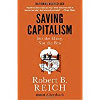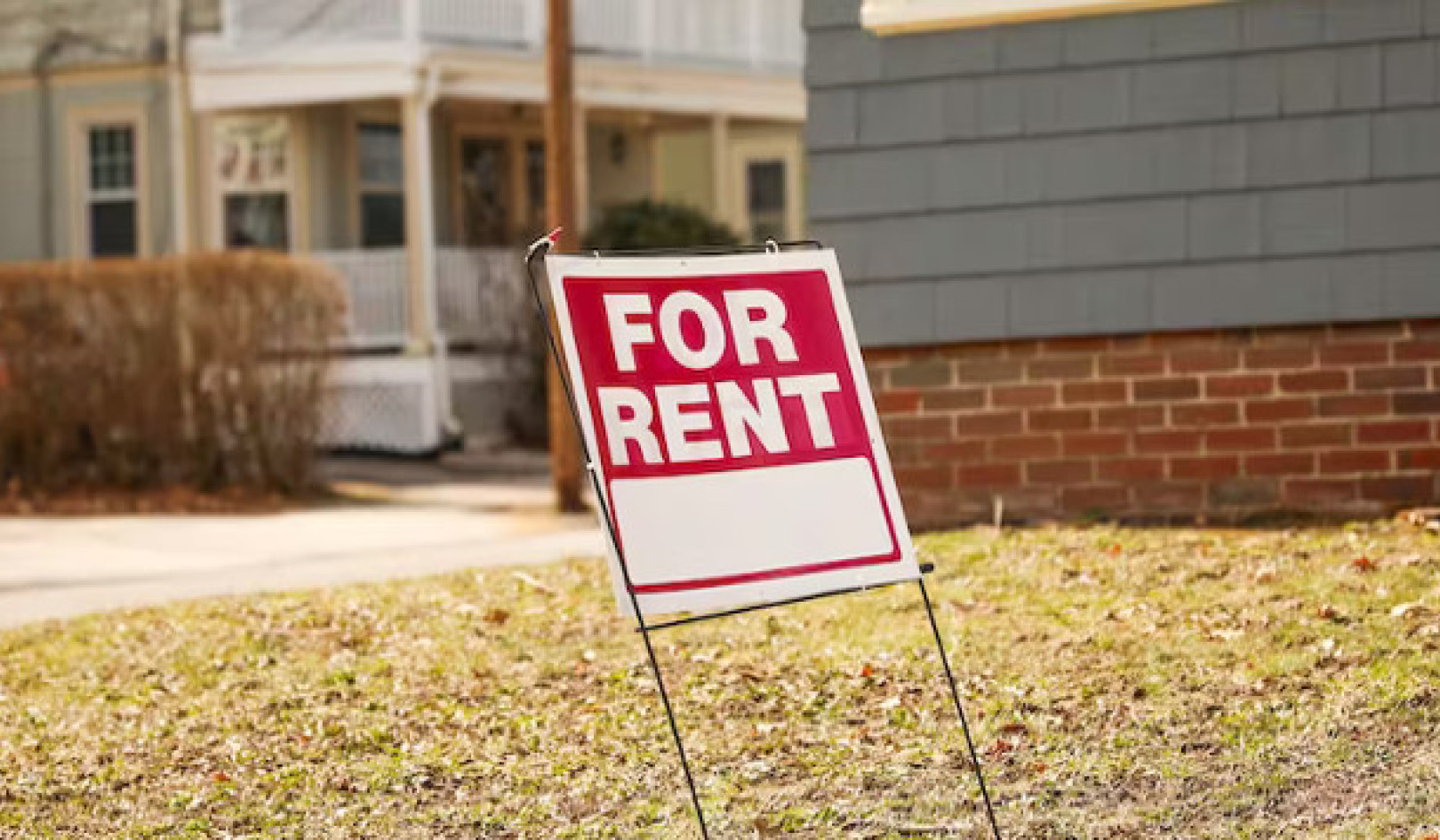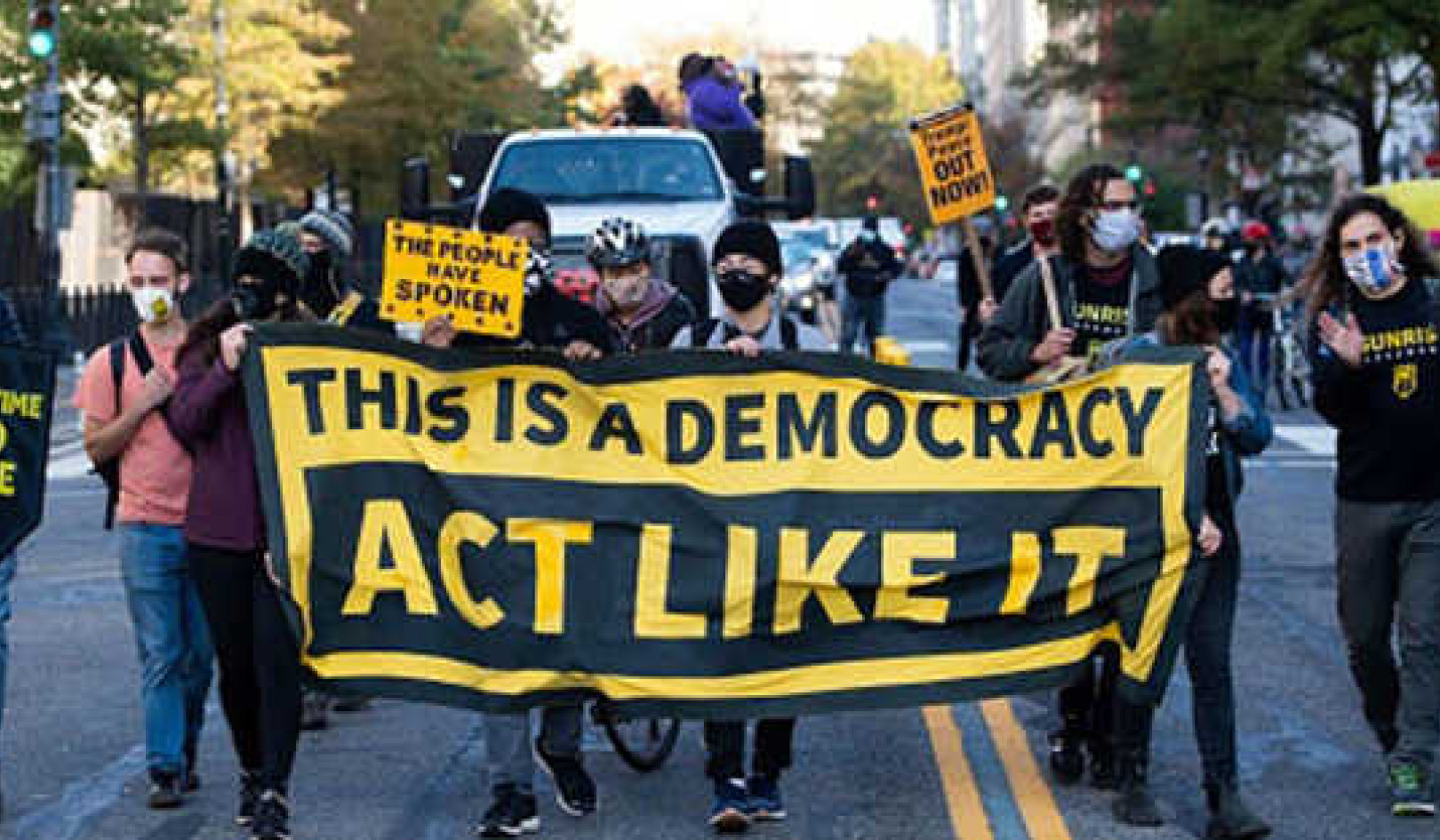
 obs are coming back, but pay isn’t. The median wage is still below where it was before the Great Recession. Last month, average pay actually fell.
obs are coming back, but pay isn’t. The median wage is still below where it was before the Great Recession. Last month, average pay actually fell.
What’s going on? It used to be that as unemployment dropped, employers had to pay more to attract or keep the workers they needed. That’s what happened when I was labor secretary in the late 1990s.
It still could happen – but the unemployment rate would have to sink far lower than it is today, probably below 4 percent.
Link Between Unemployment And Wages
Yet there’s reason to believe the link between falling unemployment and rising wages has been severed.
For one thing, it’s easier than ever for American employers to get the workers they need at low cost by outsourcing jobs abroad rather than hiking wages at home. Outsourcing can now be done at the click of a computer keyboard.
Besides, many workers in developing nations now have access to both the education and the advanced technologies to be as productive as American workers. So CEOs ask, why pay more?
Meanwhile here at home, a whole new generation of smart technologies is taking over jobs that used to be done only by people. Rather than pay higher wages, it’s cheaper for employers to install more robots.
Not even professional work is safe. The combination of advanced sensors, voice recognition, artificial intelligence, big data, text-mining, and pattern-recognition algorithms is even generating smart robots capable of quickly learning human actions.
In addition, millions of Americans who dropped out of the labor market in the Great Recession are still jobless. They’re not even counted as unemployment because they’ve stopped looking for work.
The Hidden Reserve Unemployed
But they haven’t disappeared entirely. Employers know they can fill whatever job openings emerge with this “reserve army” of the hidden unemployed – again, without raising wages.
Add to this that today’s workers are less economically secure than workers have been since World War II. Nearly one out of every five is in a part-time job.
Insecure workers don’t demand higher wages when unemployment drops. They’re grateful simply to have a job.
To make things worse, a majority of Americans have no savings to draw upon if they lose their job. Two-thirds of all workers are living paycheck to paycheck. They won’t risk losing a job by asking for higher pay.
Insecurity is now baked into every aspect of the employment relationship. Workers can be fired for any reason, or no reason. And benefits are disappearing. The portion of workers with any pension connected to their job has fallen from over half in 1979 to under 35 percent in today.
Workers used to be represented by trade unions that utilized tight labor markets to bargain for higher pay. In the 1950s, more than a third of all private-sector workers belonged to a union. Today, though, fewer than 7 percent of private-sector workers are unionized.
None of these changes has been accidental. The growing use of outsourcing abroad and of labor-replacing technologies, the large reserve of hidden unemployed, the mounting economic insecurities, and the demise of labor unions have been actively pursued by corporations and encouraged by Wall Street. Payrolls are the single biggest cost of business. Lower payrolls mean higher profits.
The results have been touted as “efficient” because, at least in theory, they’ve allowed workers to be shifted to “higher and better uses.” But most haven’t been shifted. Instead, they’ve been shafted.
Human Costs Have Been Substantial
The human costs of this “efficiency” have been substantial. Ordinary workers have lost jobs and wages, and many communities have been abandoned.
Nor have the efficiency benefits been widely shared. As corporations have steadily weakened their workers’ bargaining power, the link between productivity and workers’ income has been severed.
Since 1979, the nation’s productivity has risen 65 percent, but workers’ median compensation has increased by just 8 percent. Almost all the gains from growth have gone to the top.
This is not a winning corporate strategy over the long term because higher returns ultimately depend on more sales, which requires a large and growing middle class with enough purchasing power to buy what can be produced.
But from the limited viewpoint of the CEO of a single large firm, or of an investment banker or fund manager on Wall Street, it’s worked out just fine – so far.
Low unemployment won’t lead to higher pay for most Americans because the key strategy of the nation’s large corporations and financial sector has been to prevent wages from rising.
And, if you hadn’t noticed, the big corporations and Wall Street are calling the shots.
About the Author
 ROBERT B. REICH, Chancellor’s Professor of Public Policy at the University of California at Berkeley, was Secretary of Labor in the Clinton administration. Time Magazine named him one of the ten most effective cabinet secretaries of the last century. He has written thirteen books, including the best sellers “Aftershock" and “The Work of Nations." His latest, "Beyond Outrage," is now out in paperback. He is also a founding editor of the American Prospect magazine and chairman of Common Cause.
ROBERT B. REICH, Chancellor’s Professor of Public Policy at the University of California at Berkeley, was Secretary of Labor in the Clinton administration. Time Magazine named him one of the ten most effective cabinet secretaries of the last century. He has written thirteen books, including the best sellers “Aftershock" and “The Work of Nations." His latest, "Beyond Outrage," is now out in paperback. He is also a founding editor of the American Prospect magazine and chairman of Common Cause.
Books by Robert Reich
Saving Capitalism: For the Many, Not the Few -- by Robert B. Reich
 America was once celebrated for and defined by its large and prosperous middle class. Now, this middle class is shrinking, a new oligarchy is rising, and the country faces its greatest wealth disparity in eighty years. Why is the economic system that made America strong suddenly failing us, and how can it be fixed?
America was once celebrated for and defined by its large and prosperous middle class. Now, this middle class is shrinking, a new oligarchy is rising, and the country faces its greatest wealth disparity in eighty years. Why is the economic system that made America strong suddenly failing us, and how can it be fixed?
Click here for more info or to order this book on Amazon.
Beyond Outrage: What has gone wrong with our economy and our democracy, and how to fix it -- by Robert B. Reich
 In this timely book, Robert B. Reich argues that nothing good happens in Washington unless citizens are energized and organized to make sure Washington acts in the public good. The first step is to see the big picture. Beyond Outrage connects the dots, showing why the increasing share of income and wealth going to the top has hobbled jobs and growth for everyone else, undermining our democracy; caused Americans to become increasingly cynical about public life; and turned many Americans against one another. He also explains why the proposals of the “regressive right” are dead wrong and provides a clear roadmap of what must be done instead. Here’s a plan for action for everyone who cares about the future of America.
In this timely book, Robert B. Reich argues that nothing good happens in Washington unless citizens are energized and organized to make sure Washington acts in the public good. The first step is to see the big picture. Beyond Outrage connects the dots, showing why the increasing share of income and wealth going to the top has hobbled jobs and growth for everyone else, undermining our democracy; caused Americans to become increasingly cynical about public life; and turned many Americans against one another. He also explains why the proposals of the “regressive right” are dead wrong and provides a clear roadmap of what must be done instead. Here’s a plan for action for everyone who cares about the future of America.
Click here for more info or to order this book on Amazon.






























